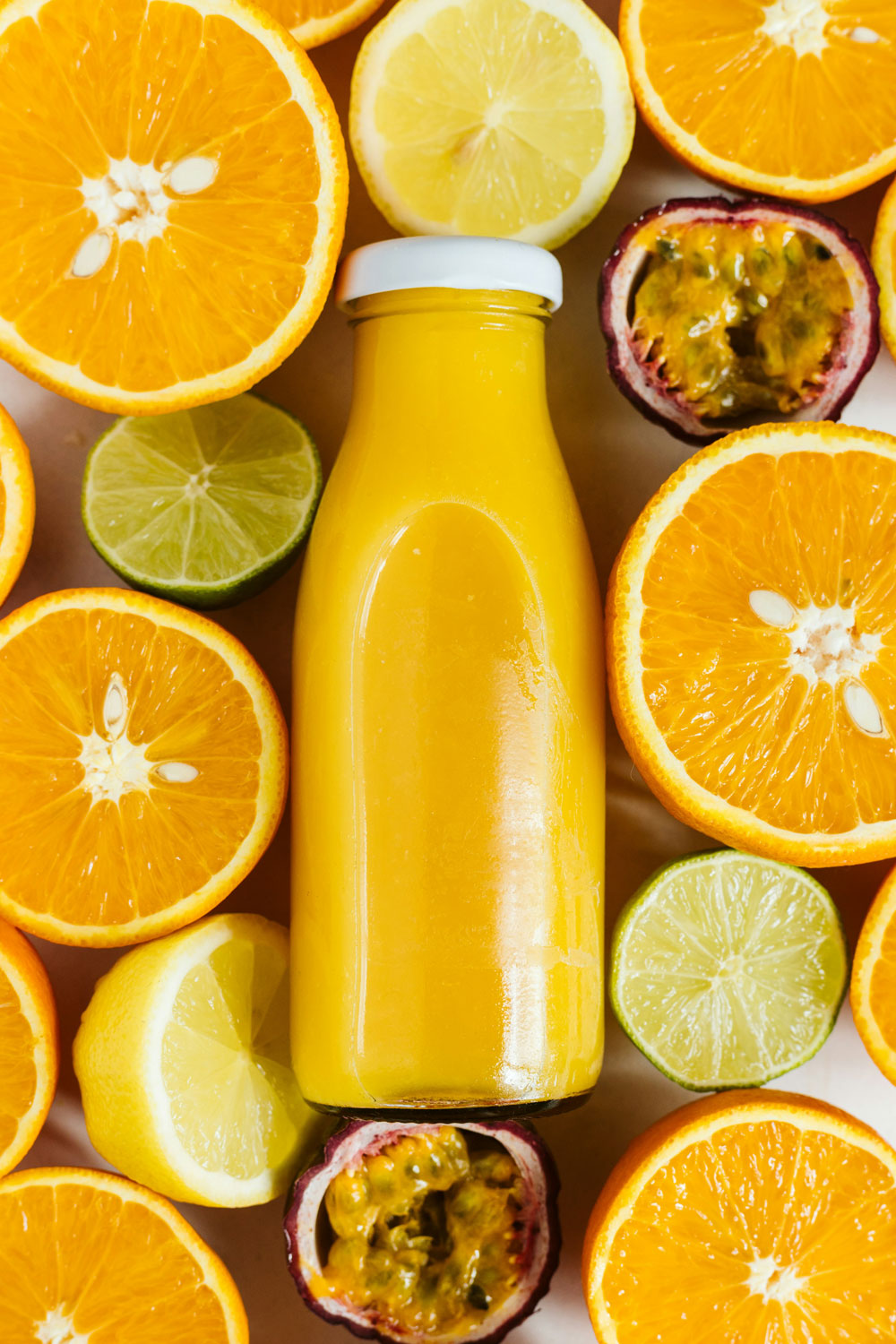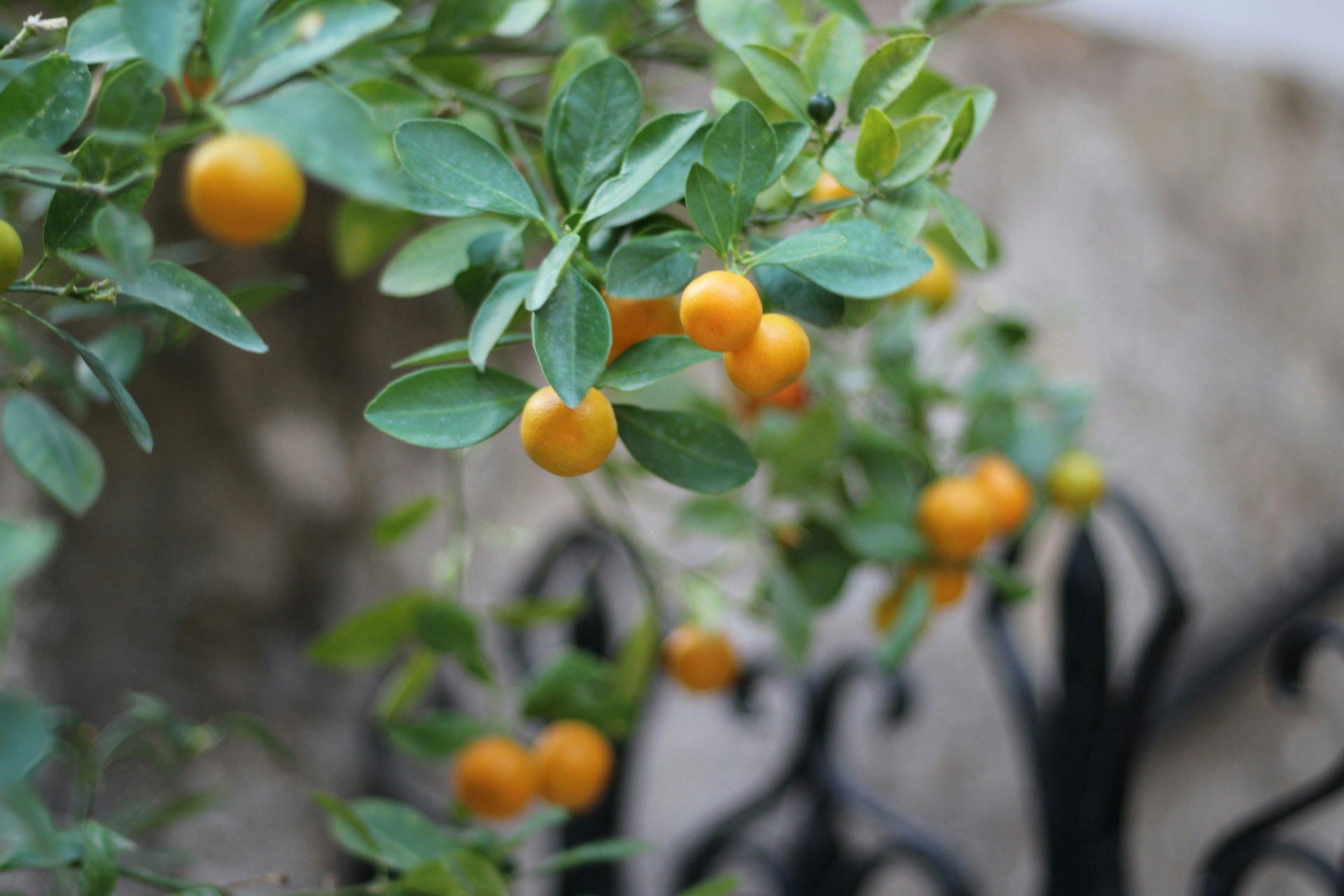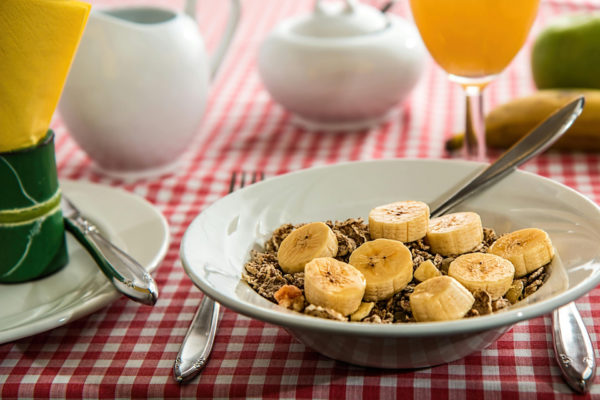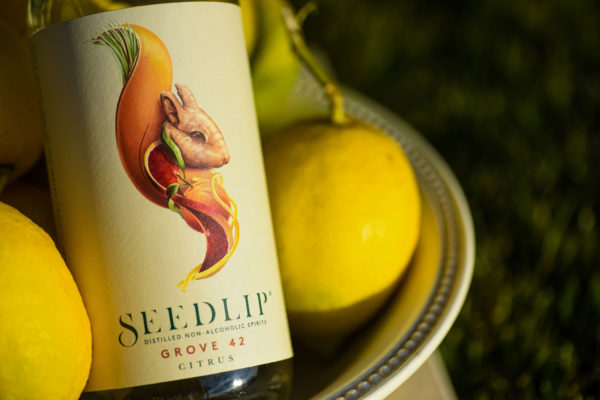
Why Are Orange Juice Prices Soaring?
By
11 months ago
Adverse weather in Brazil is affecting orange production
First it was coffee, then it was olive oil, and now it’s your morning glass of orange juice that could be under threat. Prices of OJ have been gradually increasing for a couple of years now, but they’ve shot up substantially in the past month or so. The wholesale cost of orange juice now comes in at around $6,500 a tonne, which is more than double than it was a year ago. This has petered down to supermarket shelves, where a litre costs an average of £1.41, according to The Grocer – 36p more than this time last year.
While this may not seem like a huge increase – and is pennies compared to the bank-breaking cost of olive oil – it’s thought these prices could continue to grow as supply struggles to meet demand. Plus, the quality could be going downhill too. So what’s behind it all?
Why Is Orange Juice Getting More Expensive?
You guessed it: climate change. Rising prices are a result of weather issues in Brazil and the US, where hurricanes and droughts have been plighting farmers for a few years now. The situation has reached critical status in Brazil, which produces a third of the world’s oranges: the country has faced unusually high temperatures and less rainfall. But that’s not all: farmers are also grappling with a citrus disease known as greening, which can affect the taste of fruit, as well as result in crop shortages.
All this means Brazil’s orange production is expected to hit its lowest level in more than three decades in 2024/2025, according to research centre Fundecitrus. And as with everything, when supply doesn’t meet demand, prices soar – hence why the lack of oranges means juice prices are up.
So how bad is the future looking for the humble orange? According to The British Fruit Juice Association, orange juice is at its lowest availability for more than 50 years. Kees Cools, president of the International Fruit and Vegetable Juice Association (IFU), described the situation as a ‘crisis’ to the Financial Times, saying: ‘We’ve never seen anything like it, even during the big freezes and big hurricanes.’

What’s The Solution?
Clearly, rising temperatures are the root of the problem here – but that’s not going to be solved by Tropicana. Instead, some producers are exploring other strategies: looking to reduce their orange juice content, and blending drinks with similar fruit flavours. Juice company Coldpress, for instance, is launching a mandarin orange juice, which is being sold at the same price as its apple variety.
There’s hope production may level out in 2025, but until then we’ll simply have to decide for ourselves: is the juice worth the squeeze?






